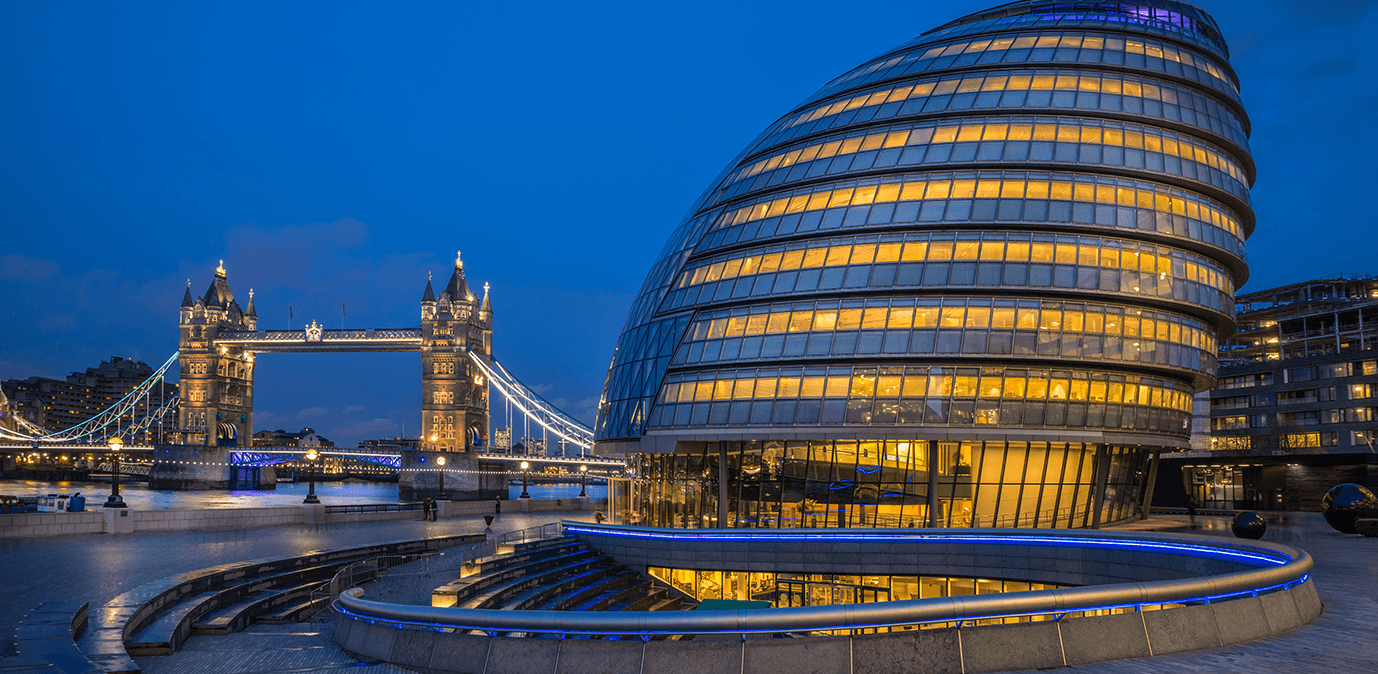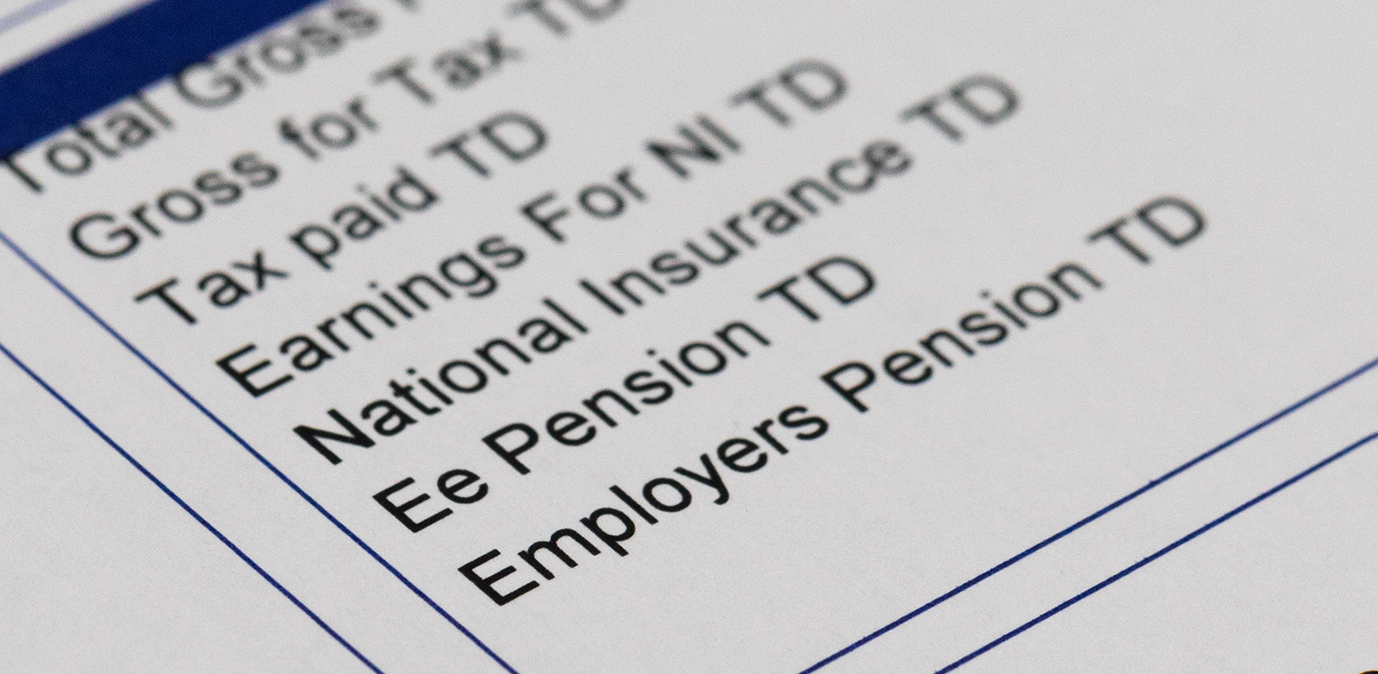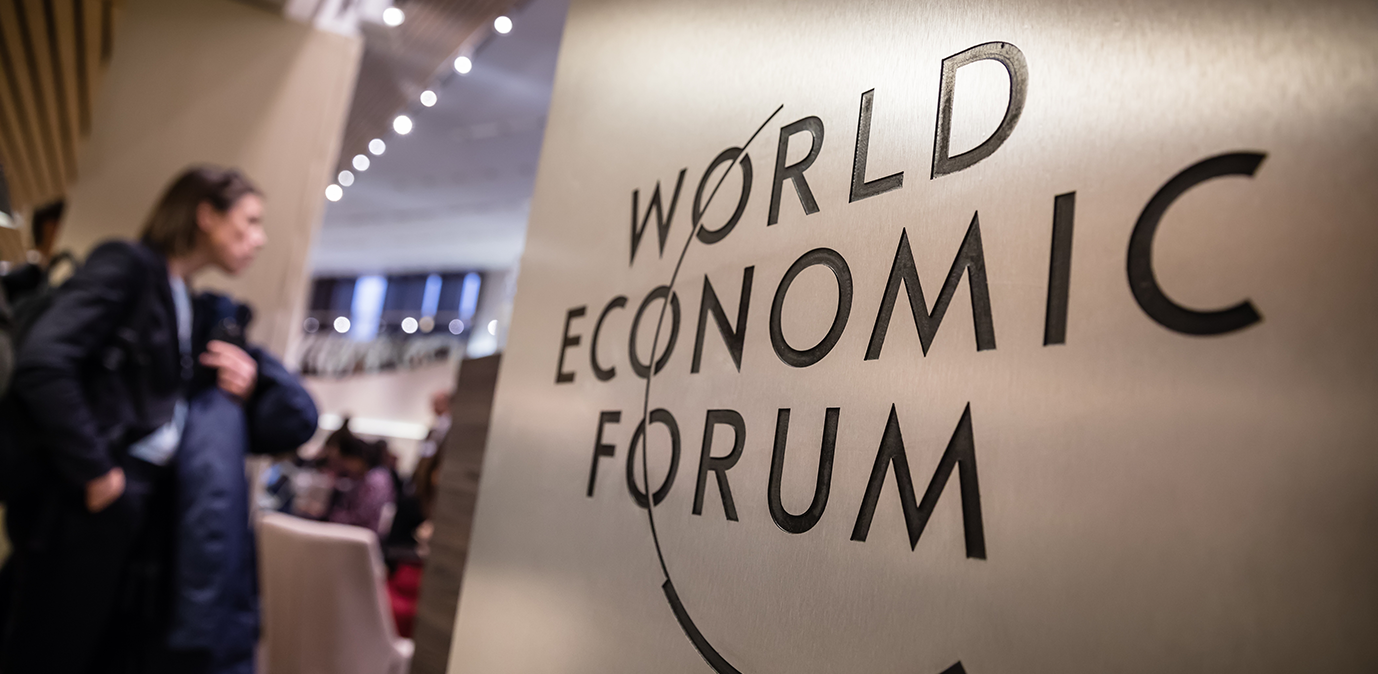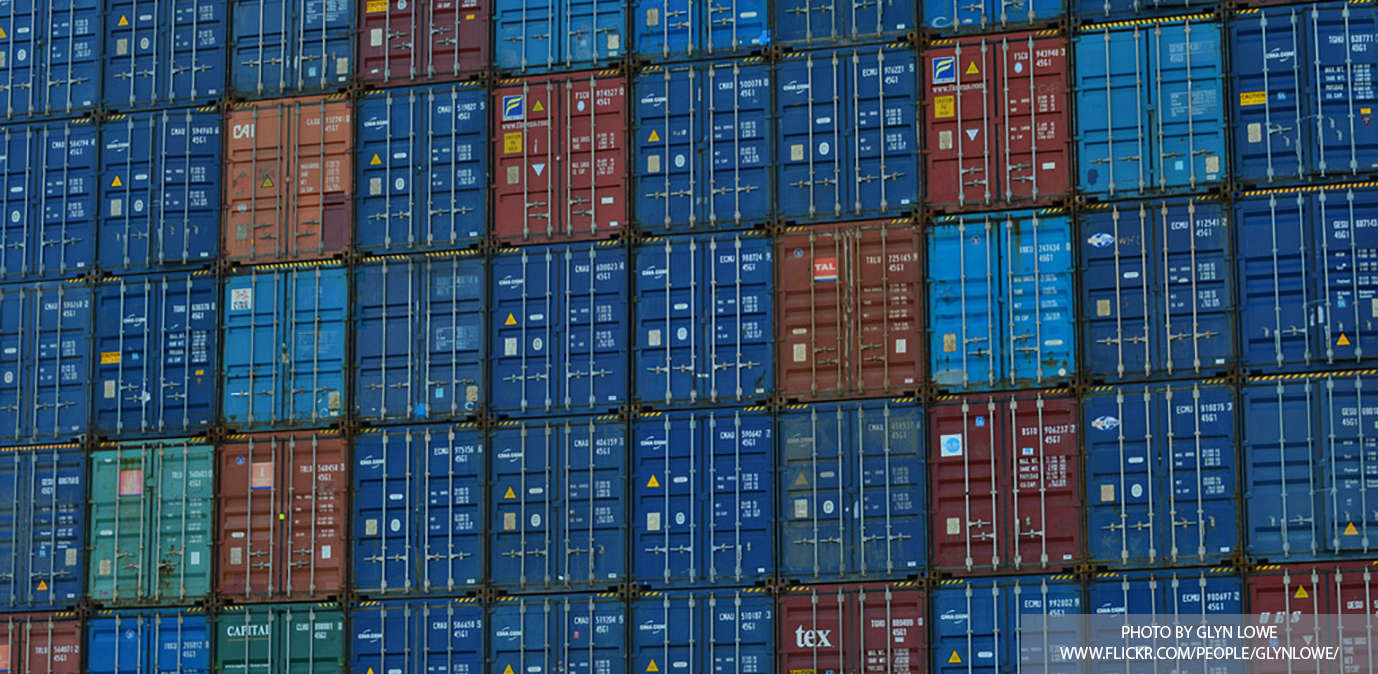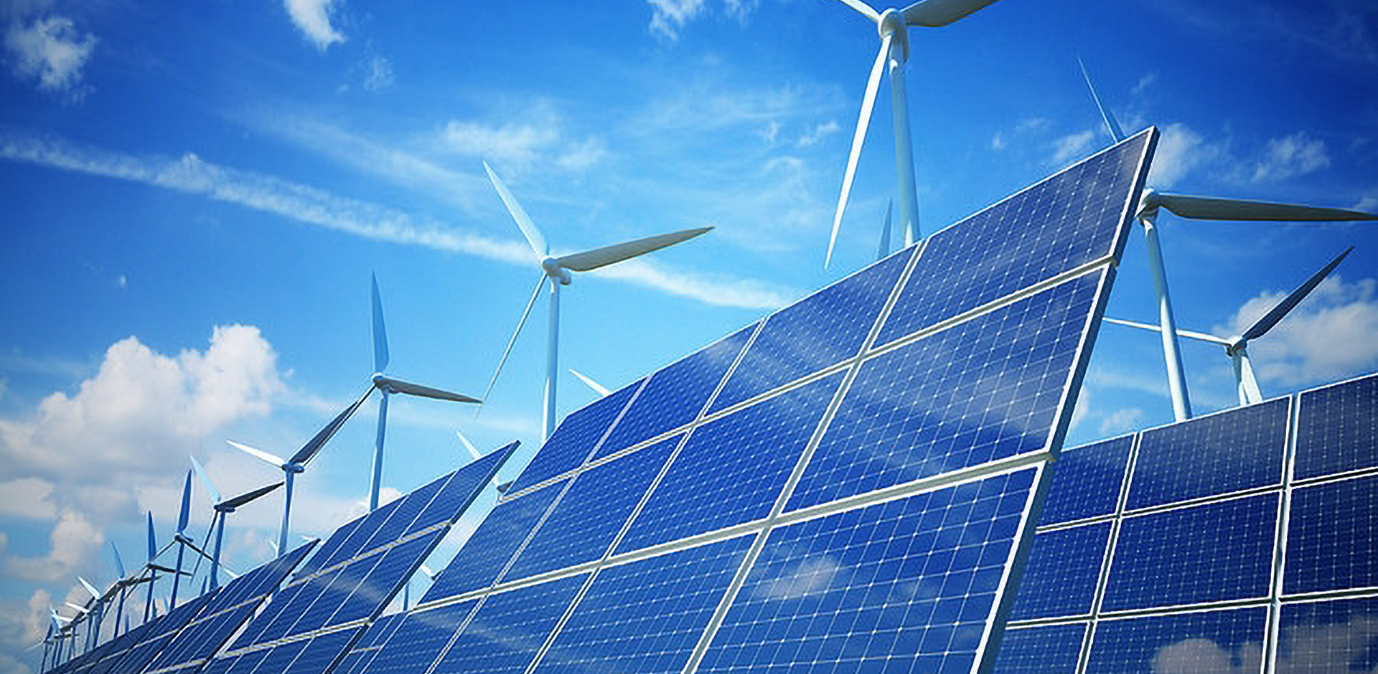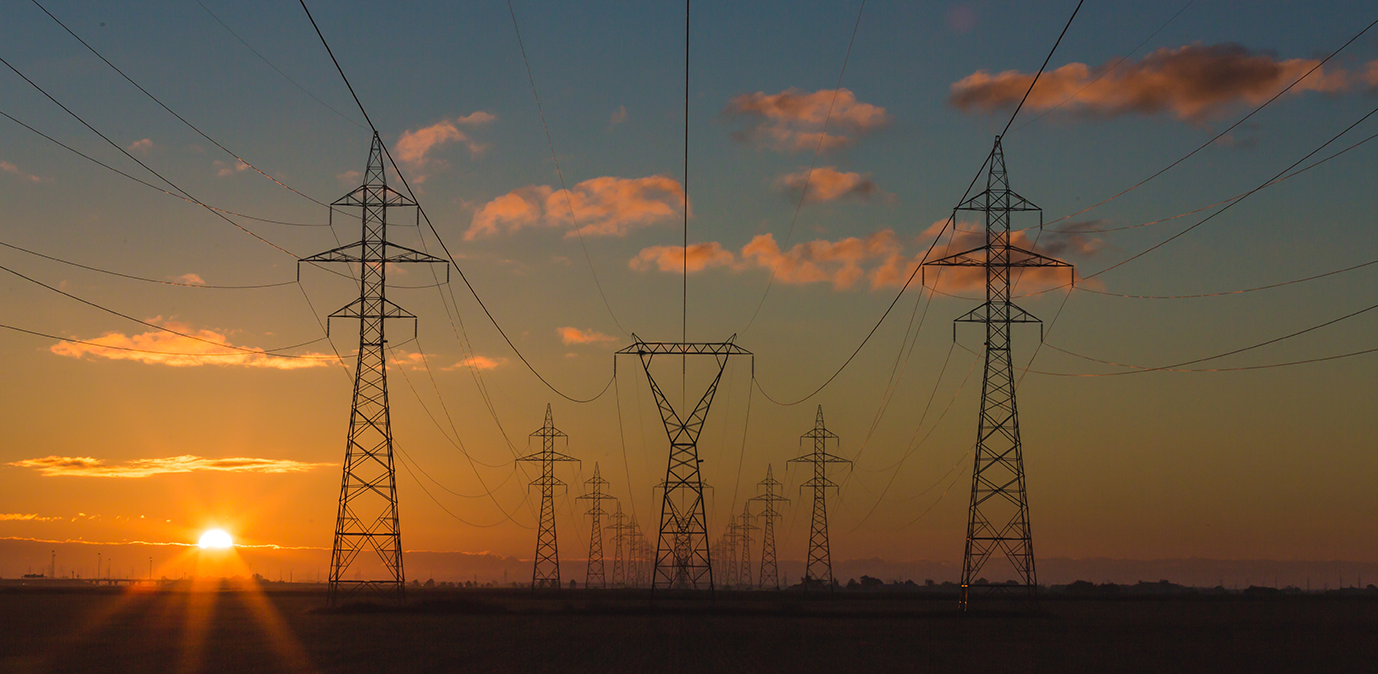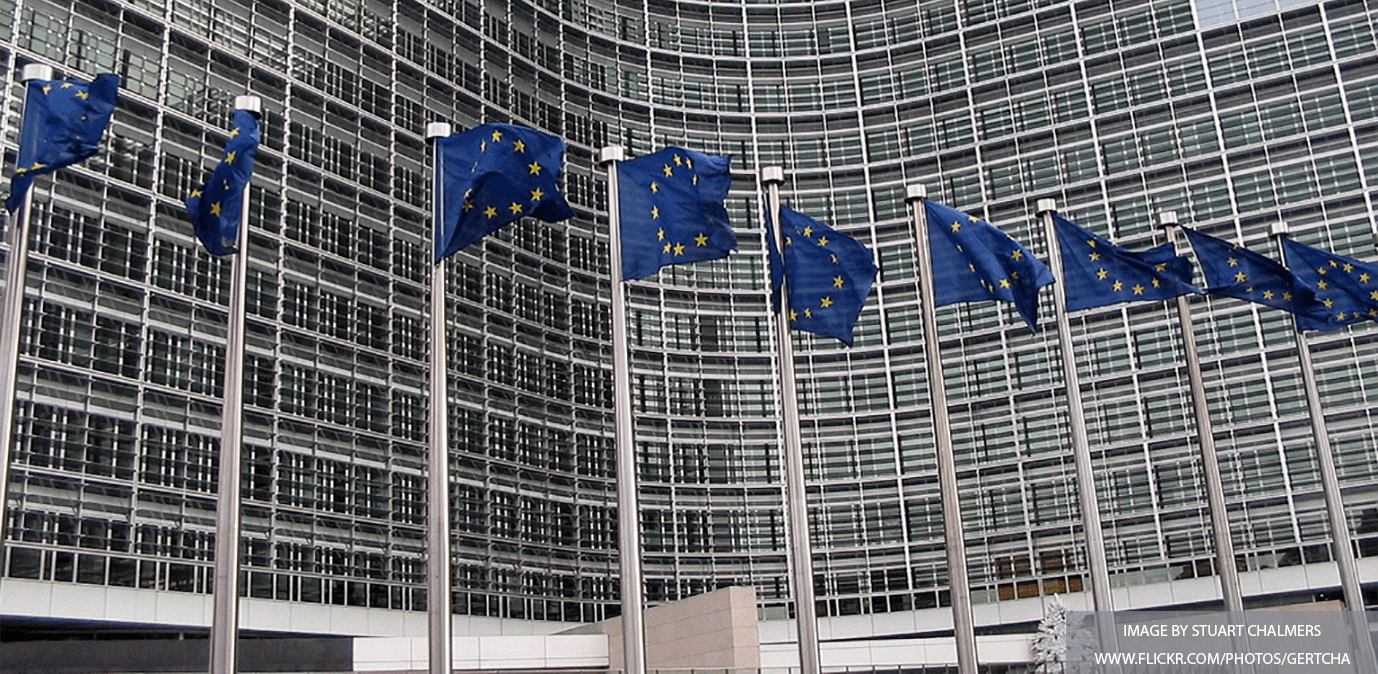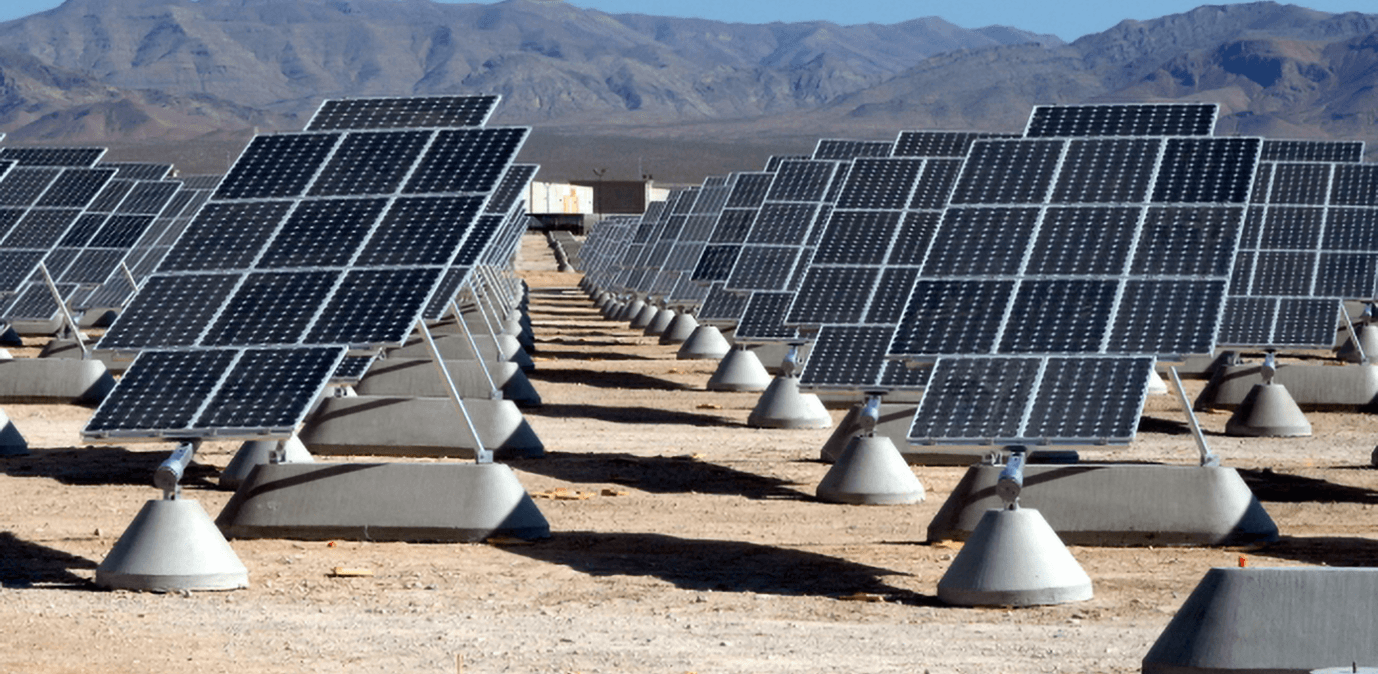Prime Minister Theresa May put data protection at the heart of the UK’s post-Brexit relationship with the EU when she delivered her latest set piece Brexit speech on 2 March.
Will Theresa May be able to deliver her ambitious plans for data protection after Brexit?
Written by Inline Policy on 16 Mar 2018
New Regulations Ahead: London’s Transport Committee Report on Future Transport
Written by Matthew Niblett on 13 Feb 2018
The London Assembly’s Transport Committee has today published ‘Future transport - How is London responding to technological innovation?’
What the UK Government's announcements mean for the Gig Economy
Written by Inline Policy on 08 Feb 2018
The UK Government has published its long-awaited response to the Taylor Review of Modern Working Practices.
Theresa May at Davos calls for international cooperation to regulate tech sector
Written by Inline Policy on 30 Jan 2018
Prime Minister Theresa May’s speech yesterday to the World Economic Forum in Davos saw her repeat calls for international action to regulate aspects of the tech sector that are disrupting the established economic players and norms.
European Bike-Sharing: how to move forward
Written by Inline Policy on 30 Nov 2017
Over the past six months, brightly coloured bikes have appeared across European cities as bike-sharing, and in particular dockless bike-sharing, has featured with ever growing prominence in public debates. sharing.
Artificial intelligence: can public policy cope?
Written by Inline Policy on 12 Oct 2017
Business has long been convinced about the many opportunities offered by artificial intelligence (AI). Reports abound with estimates about the added value that applications powered by AI can create in the future. Literally everyone is on to it, from the dominant tech players in Silicon Valley all the way to established companies in the transport and utilities sectors. Even public authorities are joining the race. Countries as diverse as China, Canada, Germany and Singapore run significant programmes investing heavily in AI research capabilities or experimenting with early applications.
The UK Government’s bid for a customs arrangement with the EU
Written by Inline Policy on 24 Aug 2017
The UK Government has released a position paper stating its desire for a future customs arrangement with the EU27. The release of this paper before an agreement on the EU’s priority areas is a statement from the UK that it is determined to start talks on the issue.
Dockless Bike-Sharing: the next regulatory quagmire
Written by Inline Policy on 15 Aug 2017
This summer, Londoners will have noticed the addition of new bicycles parked in various locations across Britain’s capital. Closer inspection of these bikes reveals that they are ‘oBikes’ - a bicycle which you can unlock with an app on your phone and use at very little cost, without the need to park at docking stations.
Citizens' Rights Post-Brexit: what is proposed and what are the dividing lines
Written by Inline Policy on 11 Aug 2017
A key area impacting UK nationals abroad and EU nationals in the UK are the rights they will be likely to receive once the UK exits the European Union in 2019. There is still a lot of uncertainty over what these rights will be, but an inevitability is that nothing is cast in stone until final treaty is signed in March 2019.
What does the Industrial Strategy say about a low carbon strategy in the UK?
Written by Inline Policy on 09 Feb 2017
To a rather muted fanfare, the British Government published its industrial strategy green paper last month. As far as the energy and climate change audience were concerned, in the run-up to the publication of the strategy, the Business Energy and Industrial Strategy Department (BEIS) – a department still in its infancy - was essentially facing two challenges:
17 for ’17: Climate and energy policy issues to track in 2017
Written by Inline Policy on 16 Jan 2017
The energy sector – driven by climate policies and regulation and the technology revolution – is undergoing a transformation. As Fatih Birol, the IEA's Executive Director, said in introducing the IEA’s annual World Energy Outlook in November 2017: “…there is no single story about the future of global energy…”
Full steam ahead for the EU in 2017 on Banking Regulation and Capital Markets Union
Written by Inline Policy on 19 Dec 2016
2017 is set to be a year of acceleration in the pace of regulation of the financial services sector at global and European levels. The Basel Committee on Banking Supervision (BCBS) is making steady progress on plans including a leverage ratio surcharge for global systemically important institutions (G-SIIs).
The international climate change agenda: prospects going into 2017
Written by Inline Policy on 22 Nov 2016
2016 has built on the momentum of the Paris Agreement. But the election of Donald Trump in the US has placed question-marks over whether this momentum can be maintained, or if recent progress will be derailed. At the conclusion of COP 22 in Marrakesh, this analysis piece considers the state-of-play and the prospects for 2017.
Does the global aviation emissions agreement sustain the momentum of the Paris agreement? Or does it detract from it?
Written by Inline Policy on 20 Oct 2016
On 6 October, a new acronym was introduced to the world of aviation and climate change. CORSIA – the Carbon Offset and Reduction Scheme for International Aviation – is the outcome of what many in the aviation industry have described as an “historic agreement” to tackle the burgeoning problem of aviation emissions.
Article 50 notification: much needed clarity or pathway to harder Brexit?
Written by Inline Policy on 04 Oct 2016
The clamour for clarity from the Government on its Brexit intentions has finally produced two important announcements from the Prime Minister and senior Cabinet Ministers at the Conservative Party Conference in Birmingham:
 Insights from Inline Policy listing page
Insights from Inline Policy listing page
